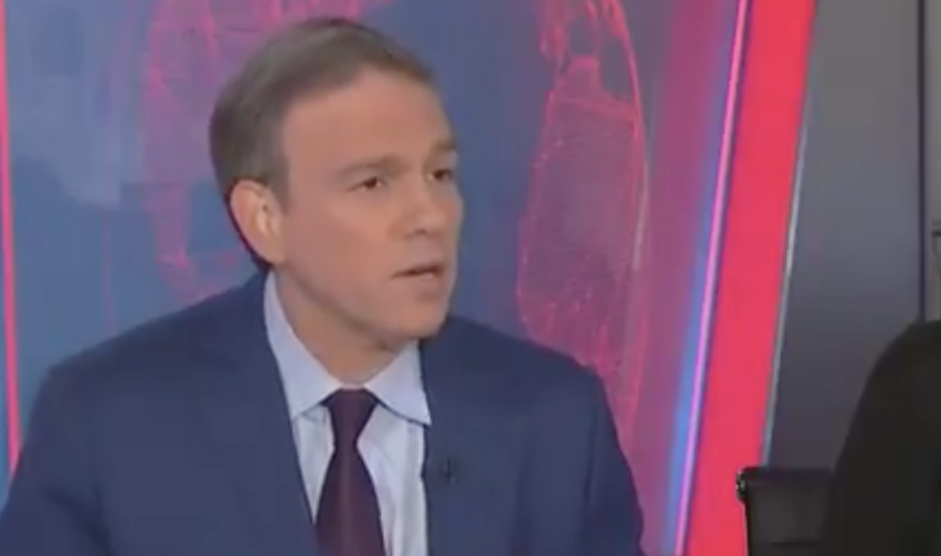
In a grand gesture he’s sure to take back, New York Times columnist Bret Stephens announced on Tuesday that he was leaving Twitter.
“Time to do what I long ago promised to do,” Stephens wrote before promptly deactivating his account. “Twitter is a sewer.”
The abrupt departure brought to a close a very weird 24 hours for Stephens and the New York Times that began with word that the newspaper had a bedbug infestation. David Karpf, an associate professor at George Washington University, tweeted in response: “The bedbugs are a metaphor. The bedbugs are Bret Stephens.” This joke was too much for Stephens, whose career is rooted in mocking political correctness and safe spaces on college campuses and also writing about Palestinians as if they were vermin.
“I’m often amazed about the things supposedly decent people are prepared to say about other people—people they’ve never met—on Twitter,” Stephens wrote in a now-infamous email to Karpf. “I would welcome the opportunity for you to come to my home, meet my wife and kids, talk to us for a few minutes, and then call me a ‘bedbug’ to my face.” Copied on the email was Karpf’s provost at GWU, a classic narc move.
“I had no intention whatsoever to get him any kind of professional trouble,” Stephens told MSNBC shortly after he left Twitter. He went on to claim, on national television, that the bedbug comparison was “dehumanizing,” tantamount to the acts of “totalitarian regimes.” Women and people of color face far worse abuse on the same platforms, every day, but they don’t get a morning spot on MSNBC to whine about it.
Stephens isn’t alone in such imperious behavior—not even in his own newsroom. Earlier this month, the Times‘ deputy Washington editor, Jonathan Weisman, tried to browbeat writer Roxane Gay into an apology over a critical tweet, going so far as to email HarperCollins, her publisher. (Weisman has since been demoted.)
It’s easy and perhaps psychologically convenient for some to dismiss the Stephens business as nothing more than routine internet folderol. The Amazon is literally burning, after all. But consider: Here was a white man, a columnist at the world’s most influential paper, trying to use his power to directly threaten a critic’s paycheck. This was a singularly revealing incident. With a single email, Stephens exposed the whole kampus kops routine as the intellectual grift that it is and, what’s more, demonstrated the crushing fragility of entitled men like him who can’t fathom life without the impunity they’ve long enjoyed.













